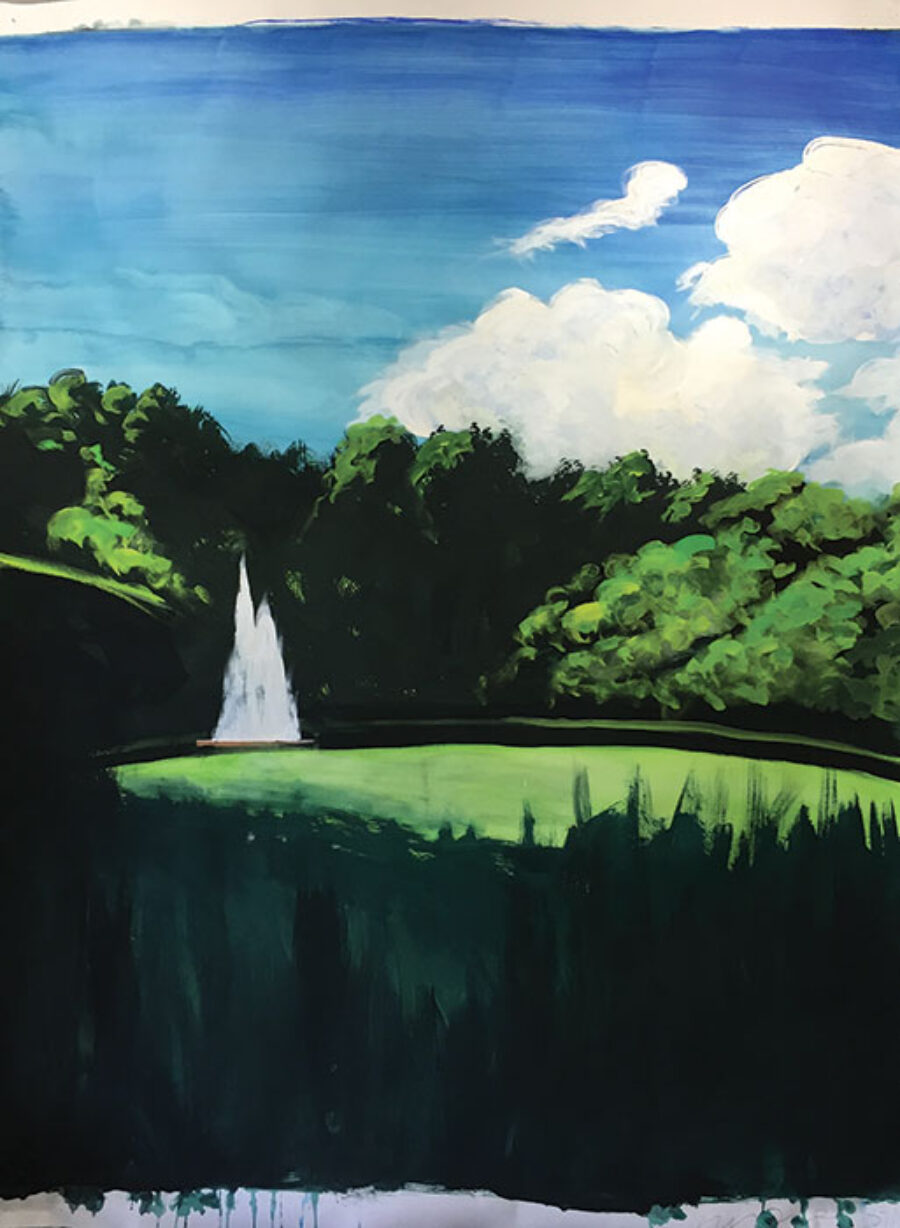
Central Park Conservancy Gardens, by Frank Lupo © The artist
The Fifth Step
Harold Jamieson, once chief engineer of New York City’s sanitation department, enjoyed retirement. He knew from his small circle of friends that some didn’t, so he considered himself lucky. He had an acre of garden in Queens that he shared with several like-minded horticulturists, he had discovered Netflix, and he was making inroads in the books he’d always meant to read. He still missed his wife—a victim of breast cancer five years previous—but aside from that persistent ache, his life was quite full. Before rising every morning, he reminded himself to enjoy the day. At sixty-eight, he liked to…































































































